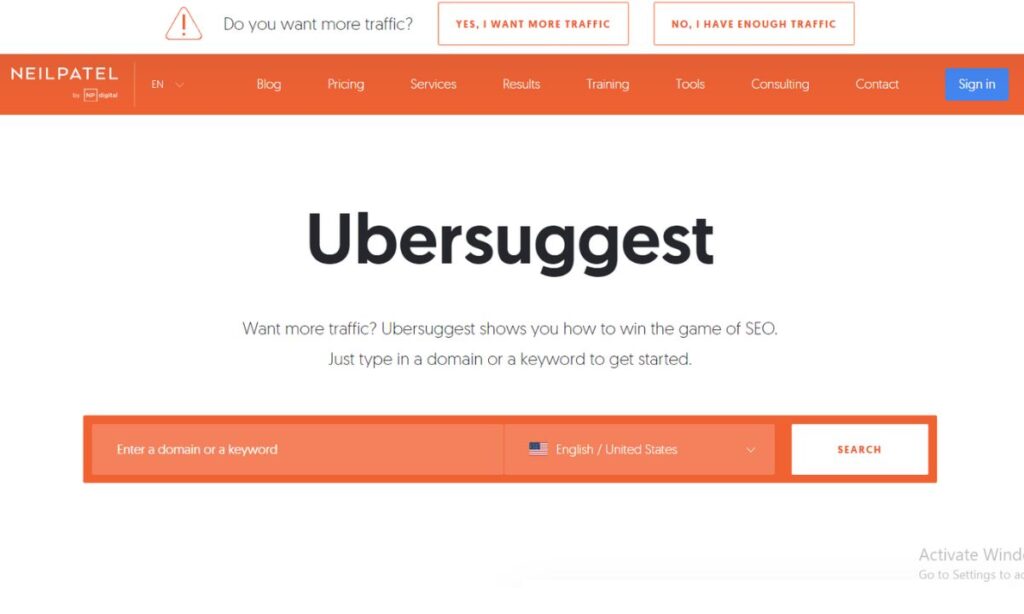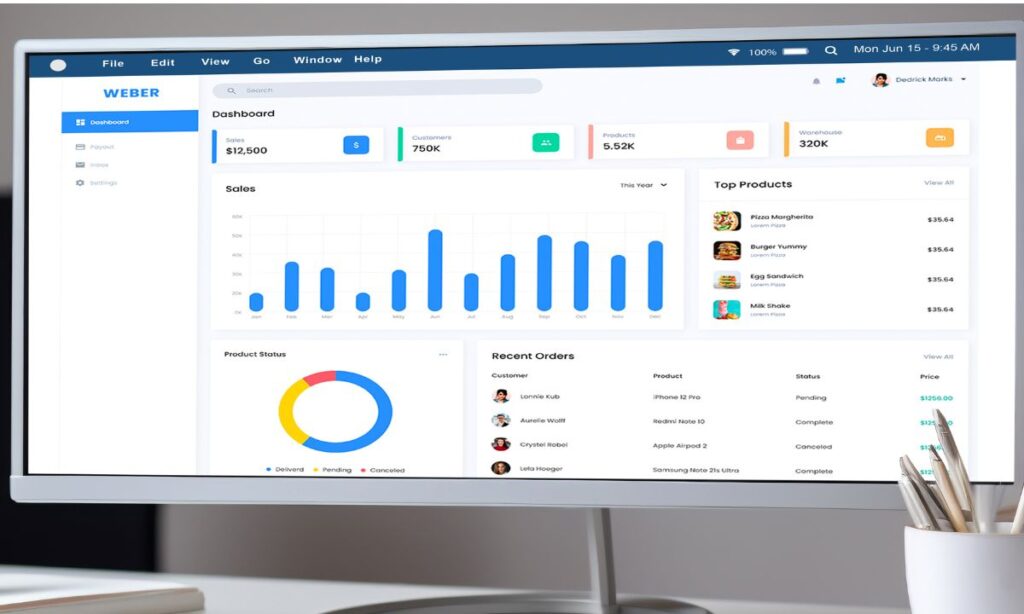Backlinks are the backbone of SEO. They serve as the digital endorsements your website needs to increase search engine rankings. However, not all backlinks are created equal, and how you acquire them can either boost your site’s visibility or bury it in obscurity. One controversial method to gain backlinks is through purchasing them. But is it worth the risk? In this blog post, we’ll dive deep into paid backlinks, weighing their risks and rewards and offering tips for those considering this approach.
What Are Paid Backlinks?
Paid backlinks are hyperlinks you purchase from another website to boost your site’s authority and rankings in search engines. Unlike organic backlinks, which occur naturally when someone links to your content because they find it valuable, paid backlinks are transactional.
Websites selling backlinks often promise quick SEO gains. But, as tempting as it sounds, buying backlinks isn’t a magic bullet—and it comes with significant risks.
Why Do People Buy Backlinks?
Here are a few reasons why people buy backlinks:
- Immediate Results: Building organic backlinks takes time. By purchasing them, you can skip the slow process of outreach and content creation.
- Competitive Advantage: In competitive industries, some websites resort to buying backlinks to stay ahead.
- SEO Boost: Backlinks are a key ranking factor for Google. The more quality links you have, the more credible your site appears to search engines.
But before you jump on the bandwagon, it’s essential to understand the potential downsides.
The Risks of Buying Backlinks

- Google’s Penalties: Google’s Webmaster Guidelines explicitly discourage buying or selling links that pass PageRank. If Google detects paid links, your site could face penalties, including a drop in rankings or even removal from search results.
- Low-Quality Backlinks: Many paid backlinks come from low-quality or spammy websites. These links can harm your site’s credibility and SEO rather than improve it.
- Legal and Ethical Concerns: Is buying backlinks legal? While not illegal in a criminal sense, it violates Google’s guidelines. This could impact your reputation if discovered.
- Short-Term Gains, Long-Term Losses: Paid backlinks might deliver a temporary boost, but once detected, the consequences can outweigh the benefits.
- High Costs: The cost of buying quality backlinks can range from $50 to $500 or more per link. Multiply that by the number of links you need, and the expenses can add up quickly.
The Rewards of Paid Backlinks
Despite the risks, some businesses still see value in purchasing backlinks. Here’s why:
- Faster Results: Buying backlinks can give your site an immediate boost, which is helpful for time-sensitive campaigns.
- Control Over Link Placement: When you purchase backlinks, you can often specify where the links should appear, ensuring they come from relevant, high-authority sites.
- Competitive Edge: In industries where competitors are buying links, not doing so might put you at a disadvantage.
- Improved Domain Authority (DA): A high volume of quality backlinks can improve your site’s DA, making it more attractive to advertisers and collaborators.
How to Buy Backlinks Safely (If You Must)
If you’re set on purchasing backlinks, here are some tips to reduce the risks:
- Choose Reputable Providers: Avoid sellers on Fiverr or other platforms offering thousands of backlinks for cheap. Look for established providers with positive reviews.
- Focus on Quality Over Quantity: One backlink from a high-authority site is worth more than dozens from low-quality domains.
- Avoid Obvious Patterns: Don’t purchase links in bulk or from the same source. This makes it harder for Google to detect paid links.
- No Follow Tags: Paid links that use a “nofollow” attribute are less risky since they don’t pass PageRank. While they won’t boost SEO directly, they can still drive traffic.
- Diversify Your Strategy: Don’t rely solely on paid backlinks. Complement them with organic link-building efforts for a balanced profile.
Alternatives to Buying Backlinks
Rather than risking penalties, consider these safe and effective link-building strategies:
- Create High-Quality Content: Publish content that’s informative, engaging, and shareable. This naturally attracts backlinks.
- Guest Blogging: Write guest posts for reputable websites in your niche. Include a backlink to your site in your author bio or within the content.
- Leverage Social Media: Share your content on social platforms to increase visibility and encourage sharing.
- Build Relationships: Network with bloggers, journalists, and influencers in your industry. Strong relationships often lead to organic backlinks.
- Directory Submissions: Submit your website to reputable online directories. While less impactful than other methods, it’s a good way to build foundational links.
- Broken Link Building: Identify broken links on other websites and offer your content as a replacement. This benefits both parties.
Frequently Asked Questions
1. Are paid backlinks illegal? Paid backlinks are not illegal in a legal sense but violate Google’s Webmaster Guidelines. This can result in penalties for your site if detected.
2. How much do paid backlinks cost? The cost of paid backlinks varies widely. High-quality links can range from $50 to $500 or more per link, depending on the site’s authority.
3. How can I tell if a backlink is paid? Paid backlinks often follow patterns, such as appearing in unrelated content or being part of bulk link packages. Reviewing the link’s context can help.
4. What should I do if I’ve already bought backlinks? Consider disavowing low-quality links using Google’s Disavow Tool and focus on building a more organic backlink profile moving forward.
5. Can paid backlinks ever be safe? Using nofollow tags and purchasing from reputable providers can reduce risks, but no paid backlink is entirely safe from Google’s scrutiny.
6. What are the best alternatives to buying backlinks? Focus on creating valuable content, guest blogging, and building relationships within your industry for sustainable link-building results.
Conclusion
While the idea of buying backlinks might seem like an easy shortcut, it’s fraught with risks. Google’s algorithms are becoming increasingly sophisticated, making it harder to game the system without consequences. Instead of investing in paid links, focus on building a strong foundation with quality content and ethical link-building strategies.
If you do decide to buy backlinks, proceed with caution and be prepared for potential fallout. The digital landscape is constantly evolving, and staying on the right side of search engine guidelines will serve you better in the long run.
Remember, SEO is a marathon, not a sprint. Invest in sustainable practices to build a website that not only ranks high but also provides genuine value to your audience.

Welcome to Digital Profit Track, sharing insights on digital marketing, freelancing, and online earning.
Contact me at: team@digitalwsf.com




